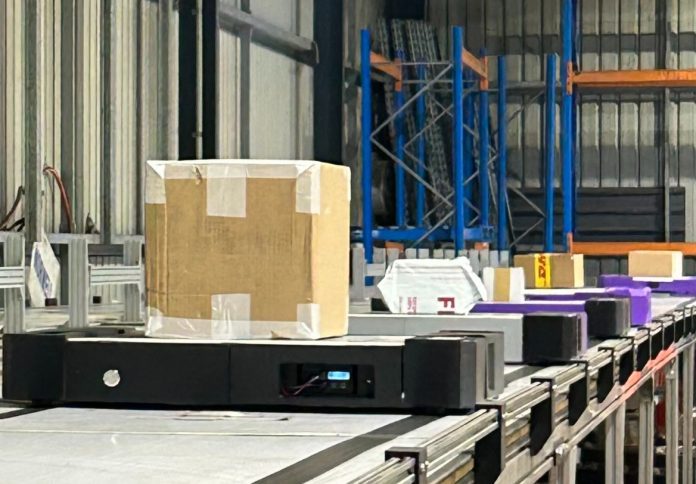
Melbourne-based logistics technology company Nexobot has been named one of six finalists in the inaugural Propel-AIR program, AI and Robotics Sprint.
In a company-issued statement, Nexobot said the program provides an opportunity for finalists to collaborate with MassRobotics in Boston, a global centre for robotics innovation.
Nexobot was selected for its low-cost parcel sorting platform, which the company said is designed to make automation accessible to small and regional logistics operators across Australia.
“We’re not a deep-tech company—we’re a wide-tech company,” said Dominic Lindsay, Founder and CEO of Nexobot. “Our goal isn’t to serve the top 1%, it’s to give thousands of small Australian businesses access to robotics that save labour, improve accuracy, and enhance safety from day one.”
While larger logistics providers typically invest in advanced automation infrastructure, Nexobot said its modular, affordable solution offers a viable alternative with comparable results. According to the company, its platform delivers over 99.9 per cent accuracy and increases sorting throughput from 80 items per hour manually to over 500 items per hour using automation.
The company also claims the system reduces worker walking distances from 40 metres per carton to just 6 metres.
Nexobot’s first live deployment is already operating in Warragul, regional Victoria. The company reported measurable improvements in productivity, safety, and sorting accuracy from the deployment, which it views as a model for over 250 potential installations across regional Australia.
The company is also eyeing expansion into international markets where automation remains financially out of reach. “This could be the first step into robotics for businesses across Southeast Asia, Africa, and Latin America. We’re not solving niche problems, we’re enabling wide adoption,” said Lindsay.
Nexobot said its engineering team develops every component of the system in-house, including 3D-printed parts and cloud-based software that integrates with existing transport systems. The company is currently preparing for a capital raise and accelerating the development of its camera-based AI navigation systems. It is also exploring strategic partnerships both in Australia and overseas.
“I invented a new way to offload cartons from robots without expensive hardware,” Lindsay said. “This drastically reduces cost and complexity. Our customers can now automate at a fraction of the price.”
The Propel-AIR program winner will receive a one-month residency at MassRobotics in Boston, with access to leading global robotics companies and research institutions such as MIT and Harvard.


















